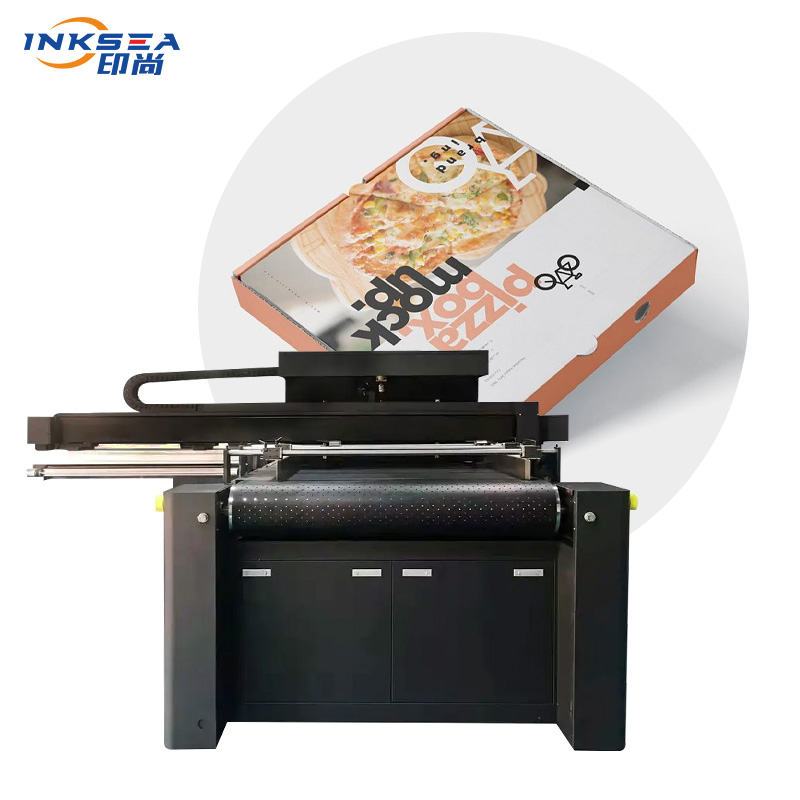Features and considerations associated with carton printers
2023-10-16
A carton printer, also known as a box printer or case printer, is a type of printing device designed to print information, graphics, barcodes, expiration dates, and other relevant details directly onto carton packaging. These printers are commonly used in various industries, including food, beverages, pharmaceuticals, electronics, and consumer goods. The primary purpose of a carton printer is to provide clear and accurate labeling and coding on packaging materials.
Here are some key features and considerations associated with carton printers:
Variable Data Printing:
Carton printers are often equipped to print variable data, allowing for customization of information on each carton. This can include batch numbers, manufacturing dates, expiry dates, ingredients, regulatory information, and more. Variable data printing is crucial for tracking and traceability.
Barcodes and QR Codes:
Many carton printers are capable of producing barcodes and QR codes. These codes are used for inventory management, tracking products through the supply chain, and ensuring accurate scanning at retail points.
High-Quality Printing:
The print quality of carton printers is essential to ensure that the printed information is legible, even on small font sizes. Clear and high-resolution printing is important for compliance with labeling regulations and for conveying essential product information.
Ink Types:
Carton printers typically use various types of inks, such as solvent-based inks, water-based inks, or UV-curable inks. The choice of ink depends on factors like substrate compatibility, drying time, and the printing environment.
Integration with Production Lines:
Some carton printers can be integrated into production lines, allowing for continuous and automated printing as cartons move along the conveyor. This integration streamlines the packaging process and reduces the need for manual intervention.
Print Speed and Throughput:
The speed of a carton printer is an important factor, especially in industries with high production volumes. Higher printing speeds contribute to efficient production processes.
Software Compatibility:
Carton printers may come with software solutions that allow for designing and managing print layouts, variable data, and print settings. User-friendly software can enhance the ease of operation.
Maintenance and Support:
Like any machinery, carton printers require regular maintenance to ensure consistent and reliable performance. Adequate technical support and access to replacement parts are important considerations.
Cost and ROI:
The cost of a carton printer includes not only the initial purchase but also ongoing ink and maintenance costs. Calculating the return on investment (ROI) should consider factors such as increased productivity, reduced labeling errors, and improved product traceability.
Regulatory Compliance:
Carton printers play a crucial role in complying with labeling and packaging regulations specific to each industry. Accurate and compliant labeling helps meet legal requirements and ensures consumer safety.
When choosing a carton printer, it's essential to evaluate your specific printing needs, production volume, the type of packaging materials used, and any industry-specific regulations that must be adhered to. Additionally, assessing the printer's compatibility with your existing production line and workflow is important for a seamless integration process.



